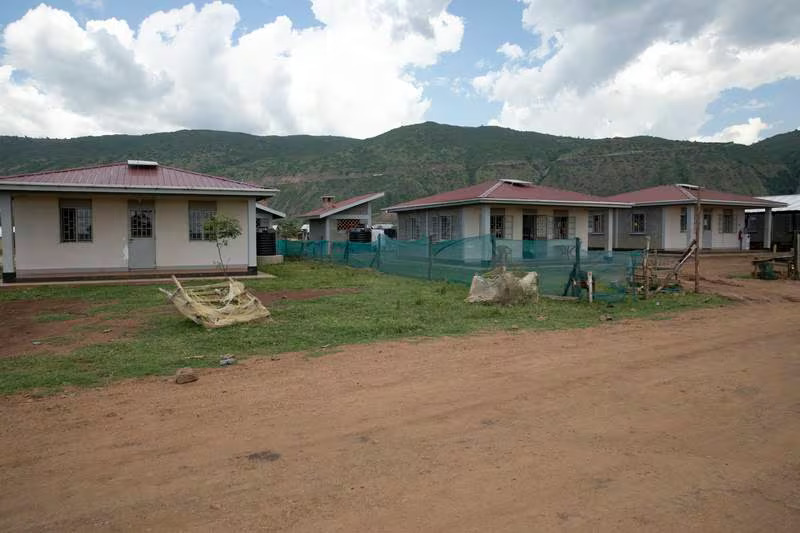East African countries seek to unite the entire population to electricity by 2030.
Vision for Universal Electricity Access by 2030
Uganda, among Africa’s rapidly advancing nations, unveiled an ambitious energy transition plan at Cop28, aiming to connect its entire 45 million population to reliable electricity by 2030.

The plan presents a bold initiative to enhance accessibility and reliability in energy provisions across the country.
Investment in Diverse Renewable Energy Sources
The energy transition plan emphasizes significant investments in renewable energy projects, encompassing hydro, geothermal, and solar power initiatives.
Coupled with these efforts is the introduction of a new oil pipeline, intending to double the current number of individuals connected to electricity supplies.
Challenges in Current Electricity Access
Presently, less than 45% of Ugandans have access to reliable power, falling below the average for sub-Saharan African nations.
Despite being a frontrunner in green energy across the continent, with 95% of its existing 2 gigawatt capacity generated from renewables, the nation faces challenges in ensuring widespread electricity access.
The Role of Controversial Oil Pipeline in Green Transition
A controversial aspect of Uganda’s energy transition plan involves a 1,400km heated oil pipeline, anticipated to transform the landlocked nation’s infrastructure.
Despite debates surrounding its implementation, the pipeline is expected to contribute significantly to Uganda’s green energy transition while addressing challenges associated with energy access and infrastructure development.













